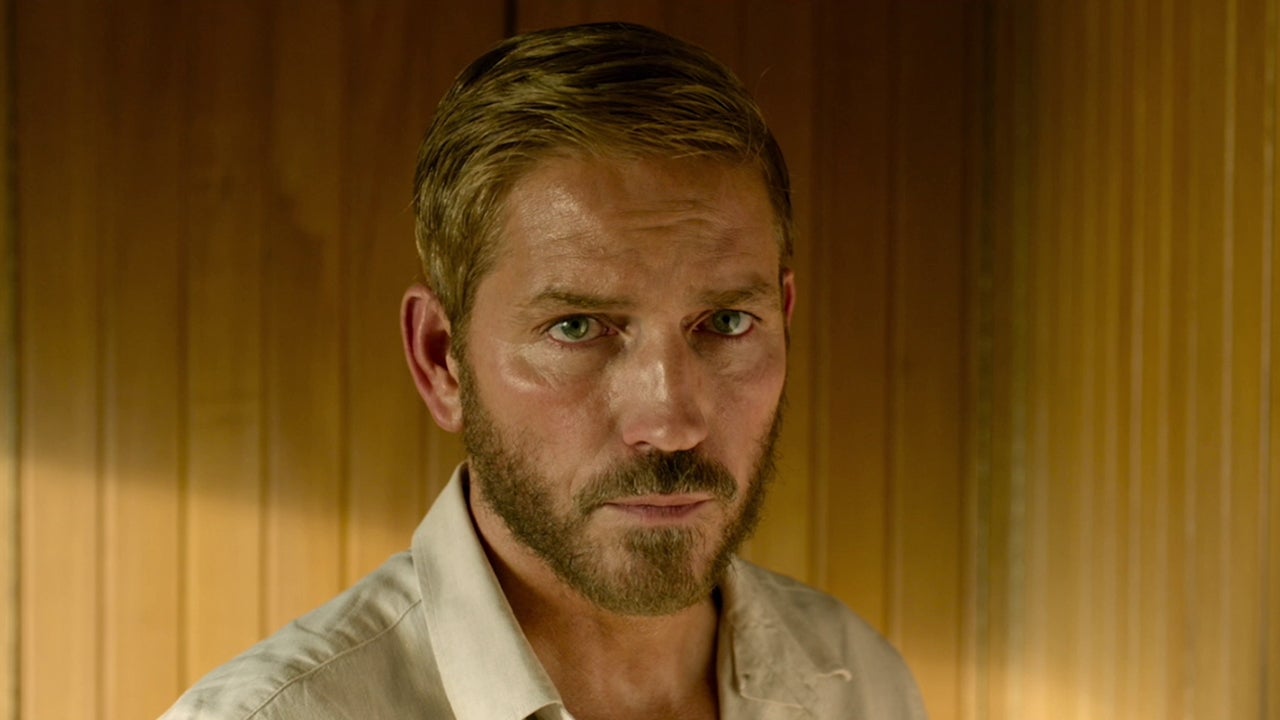Sound of Freedom, which came out on July 4th, was the initial surprise hit of the summer blockbuster season, and a hugely controversial one. The film stars Jim Caviezel as Tim Ballard, a real-life activist who’s worked to free children from sexual slavery. If you’re wondering how a premise like “child sex trafficking is bad” could possibly be controversial, this is apparently an issue only QAnon is allowed to have an opinion about now. Amusingly enough, however, this summer also sees the release of the Malaysian martial arts film Walid, which has an identical premise.
The way people have described Sound of Freedom as an action film is a bit misleading. In practice, the movie’s a bit of a slow-burn, with most of the energy dedicated to physically locating where the traffickers, and the children they’re trafficking, actually are. The movie sandwiches the investigation with Jim Caviezel bonding with one would-be victim and a final daring mission deep into rebel territory.
Walid is the same concept without the sandwich. The full first half of the film features the titular Walid, a kindly teacher played by Megat Sharizal, bonding with an immigrant girl. The social portions of Walid are quite detailed. It stresses the importance of education, and how immigrant children in particular have difficulty accessing it either formally or informally, as well as discrimination and victimization of people not from the majority ethnic group.
Ironically, Sound of Freedom is technically the more “woke” movie of the two because the early portions make it very clear that mostly white people are driving the demand for sex trafficking. In Walid, we know that the children are going to Thailand, but neither the script nor the casting explicitly states the exact economic motivations beyond just generic sex trafficking. Which is probably just as well. The main selling point of Walid is less any of the social backdrop as it is the fact that the entire second half of the movie is just a really long Silat martial arts sequence. It’s gratifying watching Walid and his allies beat the tar out of the villains, most of whom are also local Malaysians who the movie rightly depicts as monstrous for collaborating on such an evil business proposition.
Walid is definitely the superior film of the two, although they differ enough stylistically it’s a bit of an apples to oranges comparison. So it’s interesting that Walid is also by far the more difficult film of the two to see for the typical reader of this website. It’s playing at the Laemmle Glendale in Los Angeles, having finished a limited engagement at Cinema Village in New York City, with a yet-to-be-determined streaming release date. This distribution issue in film, so important to the discourse yet so oddly underdiscussed, is another important angle to the story.
Because make no mistake: The real threat Sound of Freedom posed wasn’t that it would make people suddenly start liking QAnon more. It was that it came courtesy of a minor distributor, the kind that struggles for any screens at all in most cineplexes, and vastly outperformed expectations. That Sound of Freedom came from a religious, conservative media company, Angel Studios, makes its output easy to smear from a political perspective, but in reality anyone going against the major Hollywood studios needs to assume a position of antagonism, as the WGA and the SAG have recently realized. Woke media branding encourages people, very errantly, to assume that these major corporations are allies in pushing progressive values, which has been the constant, neverending story of Barbie discourse.
In reality, nearly all of the trouble Hollywood is in today is a direct result of stupid executive decisions which they insist on doubling down on. Despite, or maybe because of Angel Studios’s religious conservatism, SAG has actually given them a waiver to continue filming The Chosen, its long-running television adaptation of the life of Jesus Christ, because its interests clearly don’t align with those of Hollywood. Plenty of people out there are happy to produce content without demanding their employees submit to a dystopian regime of robotic outsourcing.
The whole cast and crew of Walid are a strong example of genuine enthusiasm for film and culture, rather than just trying to find ways to make numbers go up on balance sheets and blaming consumers for their decisions to only produce weird, stupid ideas abstractly connected to randomly selected brands. Barbie discourse is only going to make that worse, and the major studios are already licking their chops planning to use continuing Barbie hype to distract from and prolong the strike as long as possible, even if it’s not actually in their interest to do so.
I’m hoping it all blows up in their faces. Ideally, I’d like to live in a world where I or anyone else could watch Walid in a normal theater somewhere. But I’ll settle for the occasional Sound of Freedom instead.
You May Also Like
This content was originally published here.



Comments are closed, but trackbacks and pingbacks are open.